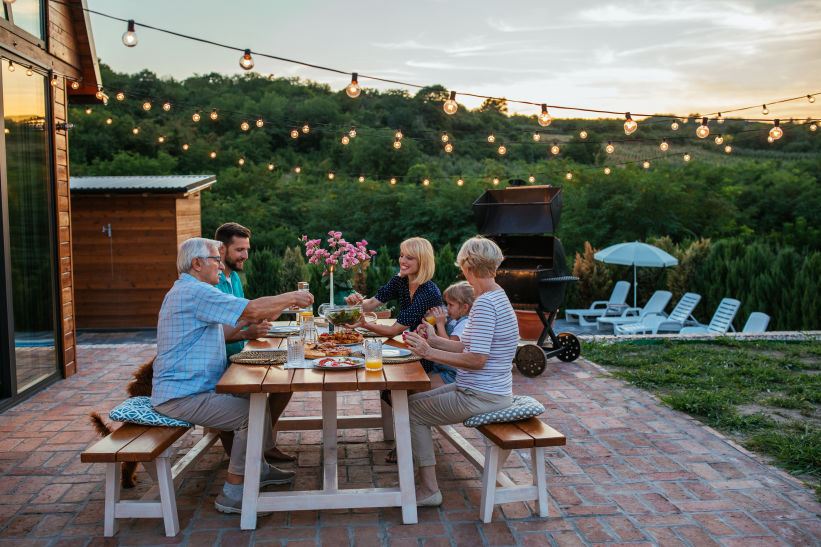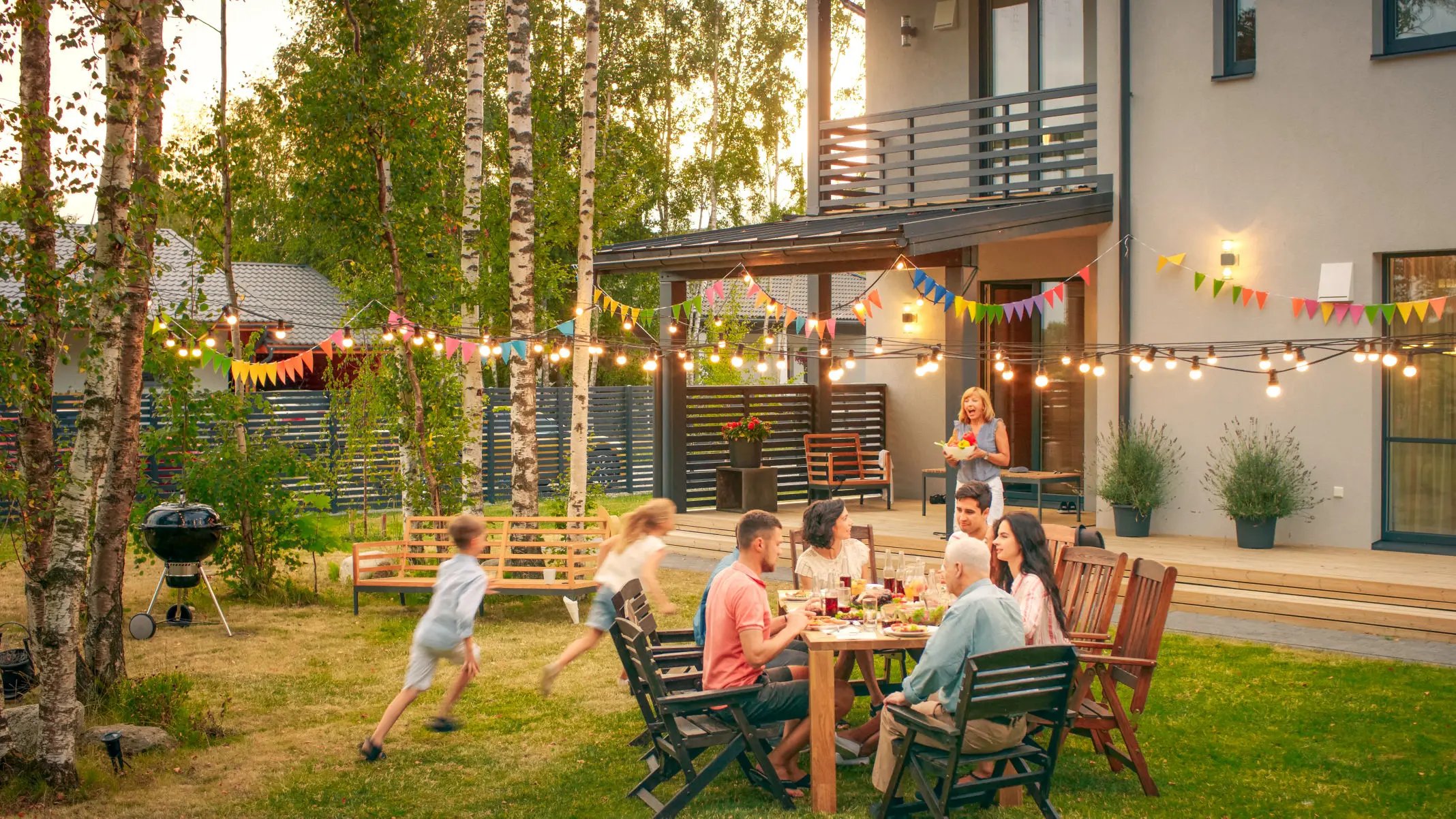


The Dallas–Fort Worth Metroplex offers a rare balance: big-city amenities paired with a cost of living that remains surprisingly reasonable. While prices have increased slightly amid the region’s rapid growth, overall affordability continues to be a defining advantage—particularly when compared with other major U.S. metros.
Many professionals relocating from Los Angeles, New York, or Chicago find they can significantly upgrade their homes, neighborhoods, and overall lifestyles without substantially increasing their expenses. From housing and groceries to transportation and healthcare, everyday life in DFW simply stretches further.
Even with recent appreciation, homeownership remains accessible throughout the DFW Metroplex. Buyers enjoy more space, modern amenities, and neighborhood features than similarly priced homes in coastal or northern markets. Whether you’re seeking a modern downtown condo, a family-friendly suburban home, or acreage on the outskirts, the region provides a range of attainable options.
Renters also benefit from diverse housing inventory across all price points. Many new apartment communities feature resort-style pools, fitness centers, and co-working lounges—making DFW ideal for professionals and families alike.
One of the greatest financial advantages of living in Texas is its absence of state income tax, resulting in substantial annual savings—especially for high-earning professionals. While property taxes can be higher than average, lower living costs and income tax savings often balance the equation favorably.
In short, Dallas–Fort Worth allows residents to enjoy world-class healthcare, dining, and entertainment without the financial strain found in other major metros. It’s a region where your money goes further, giving you the freedom to invest in your future while fully enjoying the present.
Whether you're searching for a modern downtown high-rise, a master-planned suburban community, or a quiet, tree-lined neighborhood, the DFW housing market offers something for every lifestyle. With hundreds of cities, towns, and subdivisions across the Metroplex, you’ll have the flexibility to find a home that fits your priorities—whether that means walkability, top-rated schools, larger lots, or luxury amenities.
From upscale condos in Uptown Dallas to ranch-style homes in Keller, the range of architectural styles and price points is extensive. New construction is thriving throughout the region, with many homes offering modern layouts, energy-efficient features, and community amenities such as pools, trails, and clubhouses.
While the DFW housing market has grown more competitive—especially in highly rated school districts—it still offers exceptional value compared to other major metros. Homes tend to feature larger square footage, newer construction, and generous outdoor spaces for the same price you’d pay for smaller properties in coastal or northern cities.
Many suburban communities offer manageable commute times to major employment centers, allowing residents to enjoy quiet, family-friendly living without sacrificing proximity to hospitals, downtowns, or entertainment districts.
For those looking to rent before purchasing, the DFW Metroplex offers an equally diverse and competitive rental landscape. You’ll find luxury apartment communities, townhomes, single-family rentals, and executive housing options across all parts of the region.
Short-term leases, furnished units, and corporate housing provide additional flexibility for newcomers who want to explore neighborhoods before committing to a purchase. The rental market mirrors the city’s growth—modern, accessible, and full of lifestyle amenities.
In the Dallas–Fort Worth area, housing is more than a necessity—it’s an expression of lifestyle. With unmatched variety, strong long-term value, and communities designed for modern living, your new home here will represent an upgrade in both comfort and opportunity.



The Dallas–Fort Worth Metroplex encompasses a wide range of neighborhoods, many celebrated for their safety, stability, and strong community bonds. Whether you’re considering a gated suburban enclave or a family-focused master-planned development, a sense of peace and security is part of daily life in much of the region.
While some inner-city areas face typical urban challenges, the majority of suburbs maintain low crime rates and benefit from proactive, visible law enforcement. Cities such as Southlake, Flower Mound, Highland Village, and Frisco consistently rank among the safest in Texas, offering residents confidence and peace of mind.
Residents of DFW enjoy fast, reliable access to emergency and healthcare services throughout the region. With numerous fire stations, urgent care clinics, and EMS units strategically distributed across suburban and urban areas, response times remain impressively low.
Leading hospitals—such as Baylor University Medical Center, UT Southwestern, and Texas Health Resources—maintain rigorous security protocols and patient safety standards. Many facilities employ dedicated on-site law enforcement and use advanced access control systems to protect staff, patients, and visitors.
While Texas weather can be dramatic—particularly during spring thunderstorms and tornado season—local communities are highly experienced in preparedness and response. Municipalities, schools, and neighborhoods across DFW maintain robust emergency management systems, ensuring that residents stay informed and protected.
Newer homes are often built with storm-rated construction features, while many communities offer public shelters and emergency drills as part of their safety infrastructure.
Whether you’re relocating with a family, beginning a new medical practice, or simply prioritizing peace of mind, DFW offers a diverse array of neighborhoods where safety and security are built into the fabric of everyday life.
